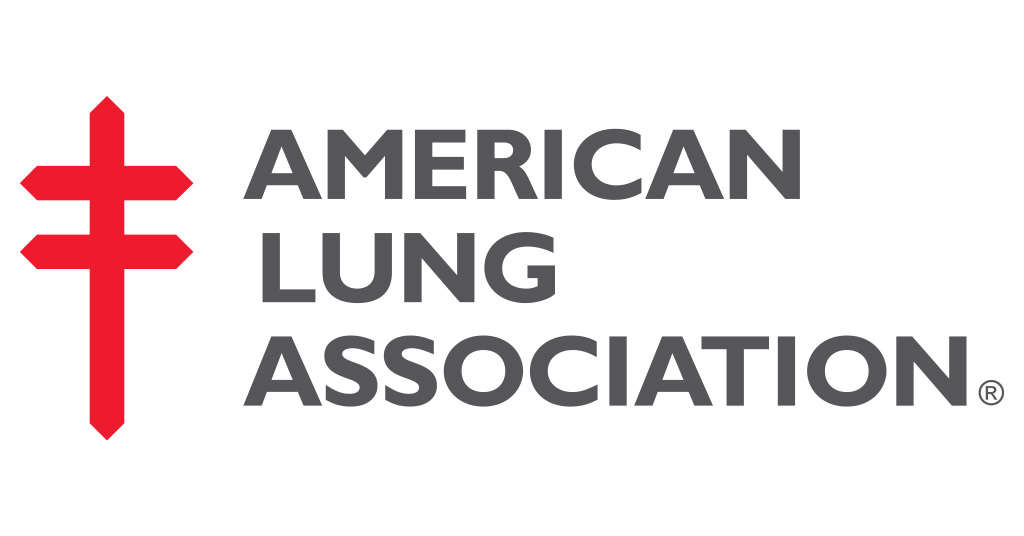“Early in my career, a volunteer said, ‘If you can’t breathe, nothing else matters,’” Young says. “It stuck with me and helped put perspective around what my role is and how important it is to educate the public on lung health issues and resources.”
Young has spent the last five years working with the American Lung Association as the executive director of the Chicago ALA. As the nation’s leading organization fighting for clean air and lung health, the ALA funds lung disease research, provides public education, and advocates for laws that protect clean air for all Americans. Young creates programming, manages outreach, and takes inspiration from the patients, families, and volunteers with whom she partners.
Most recently, the Chicago ALA celebrated the passing of Tobacco 21, which raised the legal age for tobacco sales to 21.
“It’s an amazing experience to get to be a part of large-scale advocacy efforts helping to make a difference in the lives of millions of Americans,” Young says. “Those efforts take time, energy, and a great deal of passionate volunteers and staff to make a difference—and we are.” We spoke with Young about the organization’s additional efforts in the Midwest.
Can you tell us a little about the ALA and your mission?
The American Lung Association emphasizes lung disease research, education, and advocacy. Our hope is a world free of lung disease. At the end of the day, we just want to help people breathe better and easier.
We simply don’t have the survival rate that we should with lung cancer because it’s typically caught at stage III or IV when it’s too late. What we’re trying to do is shift that spectrum so that more people know the symptoms they should be looking for and questions they should be asking their doctors to get ahead of it. Hopefully, we can say three or five years down the line that the survival rate has gone up and that more people are willing to stand up.
What are you working on now?
We recently had a win here in Chicago with the passing of Tobacco 21, and we’re celebrating the 10-year anniversary of Smoke-Free Illinois. Things like that are drastically affecting the way people are living their lives.
We also participate in advocacy on a federal level around lung cancer research funding, and we recently went out to Washington, D.C., with a group of advocates. We were able to help promote increased NIH (National Institute of Health) funding for cancer research by $3 billion for next year’s budget for a total of $39 billion, which is huge. That’s the kind of leverage that makes a real difference on a national level, so we’re happy to be a part of it.
Five years ago, we launched LUNG FORCE, a national campaign highlighting women’s lung cancer. One in four women receive a lung cancer diagnosis in their lifetime; that’s a pretty staggering statistic. Our Chicago LUNG FORCE walk is on August 12 at Soldier Field. It’s an opportunity to welcome patients, family members, and health professionals to really share their voice and take some of the stigma away from lung cancer. You heard lung cancer years ago, and you thought, “Well, the next question is how long did I smoke?”
The bottom line is that anyone can get lung cancer, whether you smoked or not. We’re trying to minimize that stigma.
What would you say to folks fighting this stigma?
Whether you smoked or not, no one deserves to get lung cancer, so we need to remove that question from the equation. More and more people get diagnosed every day that have never smoked a day in their life. Certainly, smoking adds to the likelihood of getting lung cancer in your lifetime, but a lot of people who were former smokers quit when the Surgeon General said, “These aren’t good for you.” No one should have to explain why they have cancer.
This interview has been edited for clarity.
The American Lung Association’s new campaign, Saved by the Scan, hopes to educate people about the importance of regular lung scans and screenings. To learn more, visit www.savedbythescan.org. To speak with a respiratory therapists, call 1-800-LUNG-USA.








